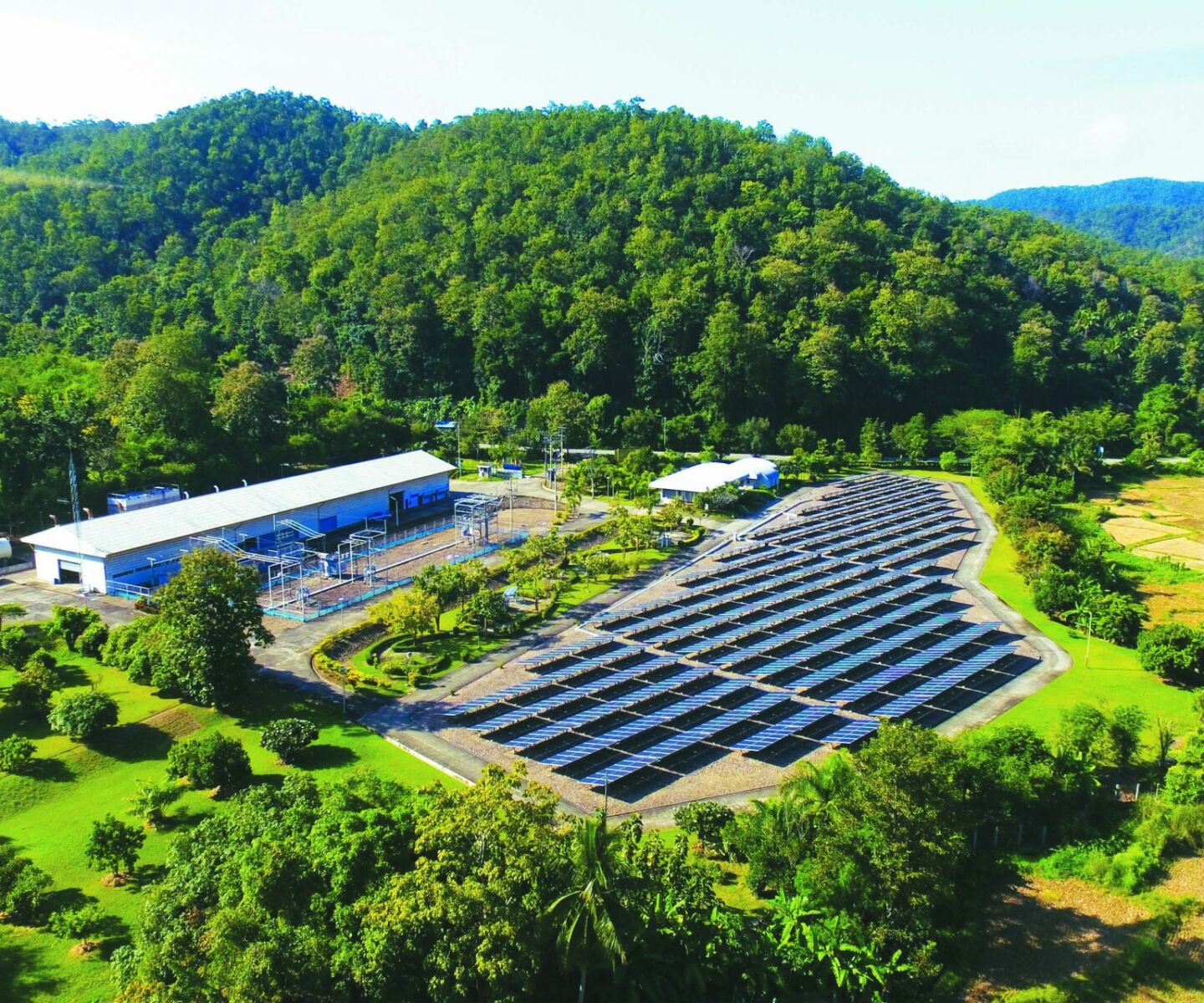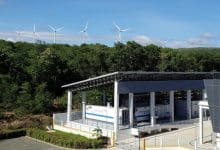Thailand power companies to spark 112,400 megawatts in 13 years

Thailand’s electricity supply is projected to reach 112,400 megawatts in the next 13 years, with power companies anticipated to play a larger role in power generation, according to the new power development plan (PDP).
The country’s power supply was 53,868MW last year, with nearly 80% sourced from fossil fuels and the rest from renewable energy.
According to an anonymous source at the Energy Ministry, over the next 13 years, the state-run Electricity Generating Authority of Thailand (EGAT) is expected to see its share of power generation dropped from 29% to 17%, with the remaining share taken over by power companies.
Once the largest power producer in Thailand, EGAT has seen more companies join in electricity production following an agreement among the relevant authorities.
Private participation in power generation requires approval from the National Energy Policy Council, the source specified.
This information was shared during a public hearing on the new PDP, set to be enforced from 2024 to 2037. The authorities behind the PDP aim to increase the share of electricity generated from renewable sources to 51%.
Most of the additional renewable power is expected to come from solar energy, followed by wind, biomass, biogas, floating solar panels, waste-to-energy projects, mini-hydropower plants, geothermal power, and renewable electricity imported from neighbouring countries.
In another development, the Energy Permanent Secretary, Prasert Sinsukprasert, announced the Energy Ministry’s plan to initiate a pilot project this year, allowing companies to buy renewable power directly from producers under the direct power purchase agreement (PPA).
Currently, power companies that produce electricity from renewable resources are required to sell it to EGAT and state power distribution agencies, which then distribute it through their grids to companies and households.
Prasert stated that authorities could benefit from the direct PPA by implementing a wheeling charge on peer-to-peer power trade.
A wheeling charge is a fee collected for the use of state transmission lines to deliver renewable power.
The push for direct PPAs aligns with Prime Minister Srettha Thavisin’s support for Thailand’s power supply and investments in data centres.
The Bangkok-born PM stated that prospective foreign investors are interested in data centre projects but are waiting for clarity on the direct PPA policy to facilitate power trade among firms, reported Bangkok Post.
Latest Thailand News
Follow The Thaiger on Google News:


























